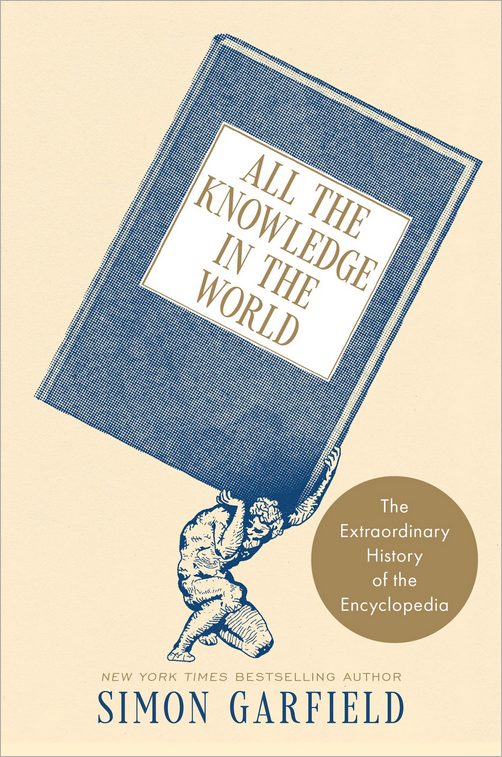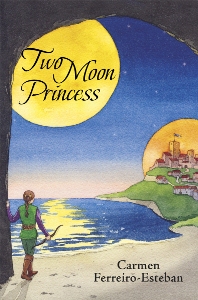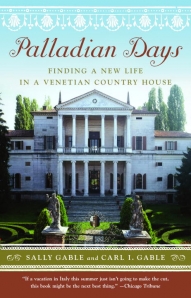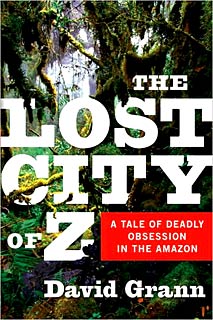This review contains affiliate links, which earn me a small commission when you click and purchase, at no extra cost to you. Thank you for supporting my small business and allowing me to continue providing you a reliable resource for clean book ratings.
During the 1970s, as I made my way through junior high and high school, I spent a lot of time in libraries: school libraries, county libraries, city libraries, and, every once in a while, the local university library. In that era, the reference section was a gold mine of encyclopedic voluminosity: Brittanica, World Book, Colliers, Funk & Wagnalls, and probably a few others I cannot recall. Proper research of topics required consultation with each and every one of these data sources; it was very common to find details that one publication contained but the others lacked. In all honesty, I enjoyed every minute of it. Even after my parents sprung for the 14th edition of Encyclopedia Britannica in our home, I continued to peruse the others whenever it was even remotely necessary.
In the mid-18th century, British gentlemen named Bell, Macfarquhar, and Smellie devised a plan for worldwide peace. Obviously, lack of knowledge bred misunderstanding (and conflict), so they determined to engage a multitude of experts to write about important topics so everyone could finally get along with each other, now being fully educated. This bold decision led to the first edition of Encyclopedia Britannica, with the first volume hitting the shelves in 1768. It would last (in paper form) for a full 15 editions and was the standard by which all other subsequent works would be measured. If you had aspirations to be Somebody, you shelled out and placed the full set in a prominent location. Even Ernest Shackleton had the full compilation on his ill-fated voyage to the South Pole in 1914.
This was not an isolated English event; critical thinkers in China, Russia, and Germany were all developing their own versions of knowledge collections, some for the same noble goal as the British, others simply because of information overload. The concept was that rather than expect people to gather and study hundreds (or thousands) of books, let’s glean the pertinent information from all of them and publish that for everyone. (Inevitably, of course, regular people the planet over would be subjected to consistent visits from the door-to-door encyclopedia salesman.)
Of course, everyone knows how this story ends and the monster that is Wikipedia begins. The real irony lies in the original (and magnanimous) idea of ushering in security with readily available information. This same intention is part of the genesis of Wikipedia, and yet, there is so much posturing, arguing, and cyber-fighting among those persons behind the scenes that one must pause and consider before jumping in to contribute.
This is an enjoyable and easily read text. Simon Garfield’s prose is beautiful, smooth, and relaxing. As with his topic, it can be consumed out of order and put down for a few weeks before continuing. My one criticism is that he takes absolutely EVERY single opportunity to firmly denigrate all previously published essays that do not adhere to contemporary attitudes toward race, misogyny, gender, and similar issues. Seriously. A mention here and there is appropriate; we do not need to be repeatedly beaten over the head.
Rated: None. Two mild swear words, and an amusing (albeit earthy) variation of chalcenterocity. Yes, you need to look that one up.
Click here to purchase your copy of All the Knowledge in the World on Amazon.




